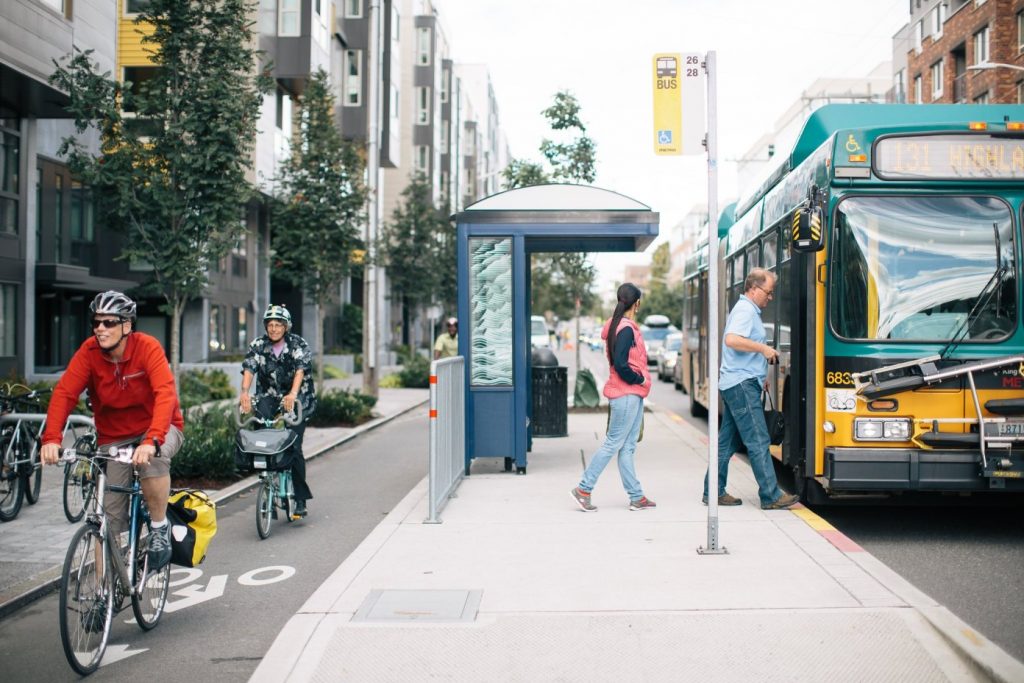Transport and communication are two essential pillars that underpin the functioning of modern society. They play a pivotal role in connecting people, facilitating trade, and fostering economic growth. In this blog post, we will delve into the reasons why transport and communication are of utmost importance, exploring their multifaceted benefits and their impact on various aspects of our lives.
- Facilitating Trade and Economic Growth:
Transportation and communication networks are the lifeblood of global trade and economic development. Efficient transportation systems enable the movement of goods and services, connecting producers with consumers across vast distances. This connectivity not only expands market access but also promotes competition, innovation, and specialization, leading to increased productivity and economic growth. - Enhancing Social Connectivity:
Transportation and communication networks have revolutionized the way we connect and interact with one another. They have bridged geographical barriers, enabling people to stay connected regardless of their physical location. Through various means such as telephones, emails, social media, and video conferencing, individuals can communicate instantaneously, fostering social cohesion, cultural exchange, and collaboration on a global scale. - Improving Accessibility to Education and Healthcare:
Transportation and communication are crucial in ensuring access to education and healthcare, particularly in remote areas. They enable the delivery of educational resources, telemedicine services, and medical supplies to underserved communities. By connecting these communities to educational institutions and healthcare facilities, transport and communication networks help bridge the gap in opportunities and improve overall well-being. - Supporting Disaster Response and Emergency Services:
During times of crisis, transport and communication systems are vital for effective disaster response and emergency services. They facilitate the rapid deployment of emergency personnel, supplies, and equipment to affected areas. Communication networks enable real-time coordination, information dissemination, and the mobilization of resources, ultimately saving lives and minimizing the impact of disasters. - Boosting Tourism and Cultural Exchange:
Transportation plays a significant role in promoting tourism and cultural exchange. Efficient transport networks make it easier for people to explore new destinations, experience different cultures, and appreciate diverse traditions. Additionally, communication platforms allow travelers to share their experiences, recommendations, and insights, fostering a sense of global community and encouraging sustainable tourism practices.
Conclusion:
Transport and communication are indispensable components of our modern society. They are the arteries that connect people, facilitate economic growth, and promote social development. From enabling global trade and enhancing social connectivity to improving access to education and healthcare, these systems have far-reaching impacts on various aspects of our lives. Recognizing their importance, it is crucial to invest in the development and maintenance of robust transport and communication networks to ensure a prosperous and interconnected future.

